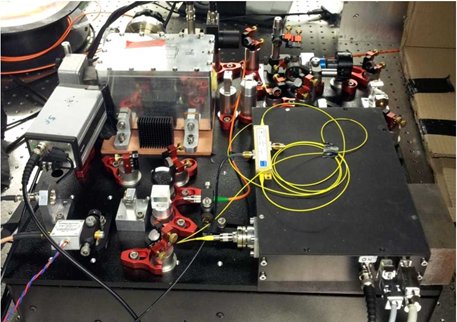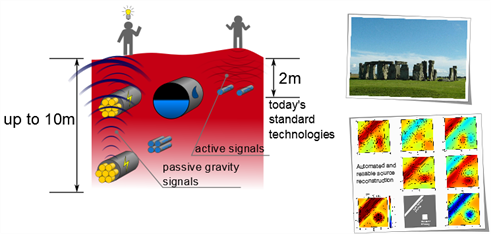University of Birmingham 
Founded in 1900 and located in the UK's second largest city, the University of Birmingham is a well-established institution, both nationally and internationally, that offers high-standard teaching and research in most major disciplines. University of Birmingham has academic staff of distinction (many recognized as international leaders in their fields) and attracts students of high ability. It is also one of the leading research-based universities in the UK; the breadth of research expertise is a distinctive characteristic of the University.
Optical Strontium clock

In this project we will be setting up and operating a mobile atomic clock using the latest technological developments of time metrology: optical transitions, frequency combs, magic wavelengths, and optical lattices. The project benefits from links to all major European metrology institutes within the Space Optical Clock II network and foresees a secondment to both the University of Hamburg and the British Geological Survey, providing expertise in a similar setup with Yb and geological applications such as relativistic geodesy. The ESR will lead a book project on quantum measurements in collaboration with Springer.
Mobile atomic gravity gradiometer

In this project we will construct a gravity gradiometer based on atomic interferometry with a strong view on potential applications and engineering challenges. The performance of the instrument shall be evaluated in a multi-disciplinary collaboration with Birmingham engineers and archaeologists with a view to detect structures in the ground at distances of a few meters, for applications in civil engineering and archaeology. As part of the project we expect to do measurements in Stonehenge.